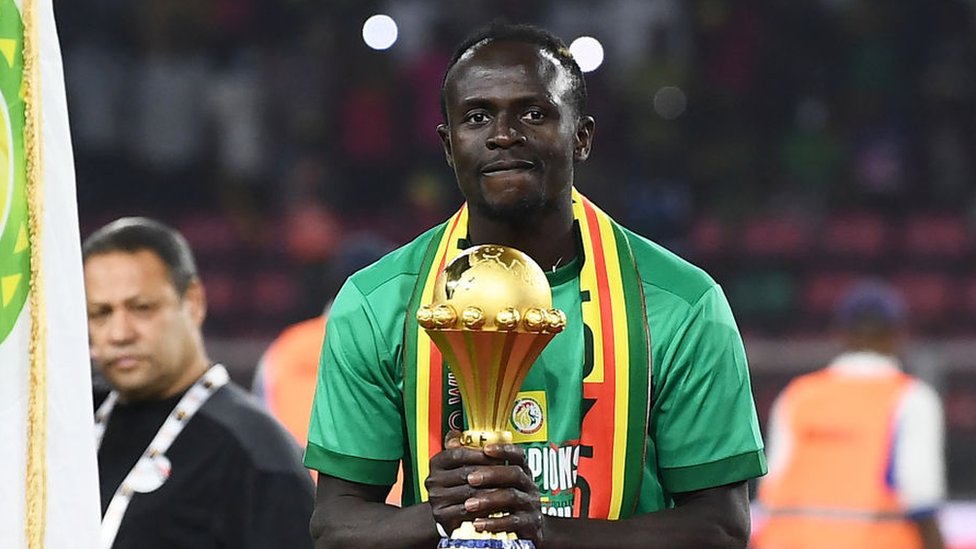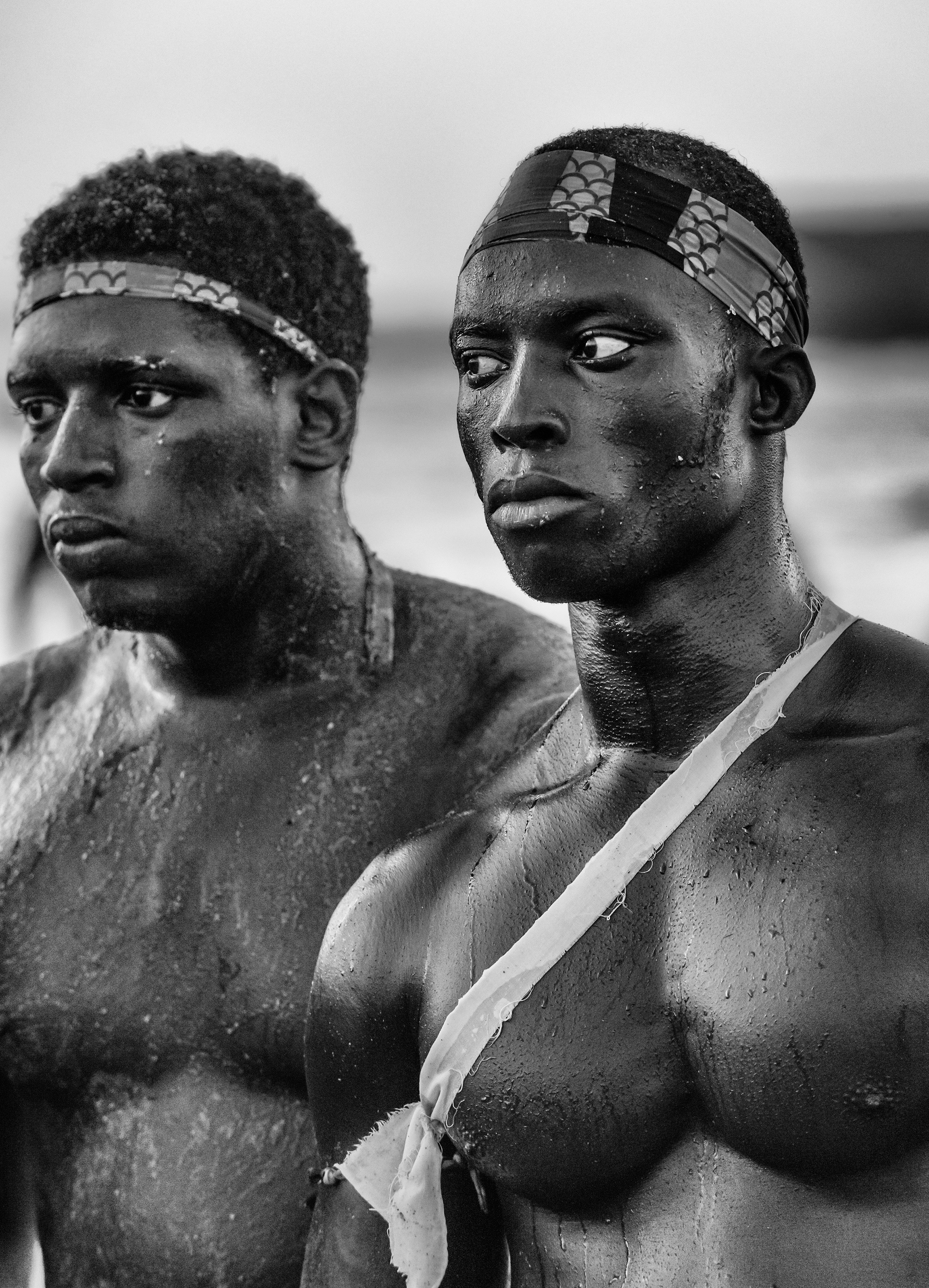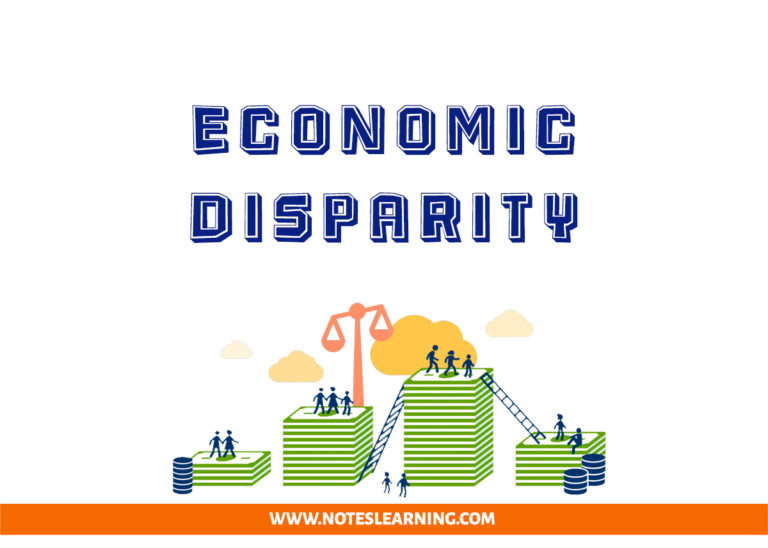“The Enduring Impact of Football on Senegalese Society
Related Articles The Enduring Impact of Football on Senegalese Society
The Enduring Impact of Football on Senegalese Society

Football, more than just a sport, has woven itself into the very fabric of Senegalese society. It is a source of national pride, a vehicle for social mobility, a unifying force, and a powerful cultural phenomenon. From the bustling streets of Dakar to the remote villages in the interior, the passion for football is palpable. This article delves into the multifaceted impact of football on Senegalese society, exploring its historical roots, its role in shaping national identity, its economic implications, its social and cultural significance, and the challenges and opportunities it presents.
Historical Roots and Evolution
The introduction of football to Senegal can be traced back to the colonial era, with French administrators and traders playing a key role in popularizing the sport. Initially, football was largely confined to the elite and urban centers. However, as Senegal moved towards independence, the sport gradually permeated all levels of society, becoming a symbol of national aspiration and unity.
The post-independence era witnessed the rise of local clubs and the establishment of a national league, providing a platform for talented Senegalese players to showcase their skills. The national team, the Lions of Teranga, emerged as a symbol of national pride, representing Senegal on the international stage and fostering a sense of collective identity.
Football and National Identity
Football plays a crucial role in shaping and reinforcing Senegalese national identity. The success of the national team in international competitions, such as the Africa Cup of Nations and the FIFA World Cup, has instilled a sense of national pride and unity. When the Lions of Teranga take to the field, Senegalese people from all walks of life unite behind their team, transcending ethnic, religious, and social divisions.
The iconic players of the national team, such as El Hadji Diouf, Sadio Mané, and Kalidou Koulibaly, have become national heroes, embodying the values of hard work, determination, and resilience. Their success on the global stage has inspired a generation of young Senegalese players to dream big and pursue their footballing ambitions.
Economic Implications
Football has significant economic implications for Senegal, both at the macro and micro levels. The sport generates revenue through ticket sales, merchandise, sponsorships, and media rights. These revenues contribute to the growth of the sports industry and create employment opportunities for coaches, trainers, administrators, and other professionals.
Furthermore, football can serve as a catalyst for economic development by attracting investment in infrastructure, such as stadiums and training facilities. The hosting of major football tournaments can also boost tourism and generate revenue for local businesses.
At the micro level, football provides opportunities for individual players to earn a living and improve their socioeconomic status. Talented players who are scouted by European clubs can earn lucrative contracts and send remittances back to their families in Senegal, contributing to poverty reduction and economic empowerment.
Social and Cultural Significance
Football is deeply ingrained in Senegalese culture and social life. It is a popular topic of conversation, a source of entertainment, and a platform for social interaction. Football matches are often watched in communal settings, such as neighborhood cafes and public squares, fostering a sense of community and belonging.
The sport also plays a role in promoting social values, such as teamwork, discipline, and respect. Football clubs often engage in community outreach programs, using their platform to promote education, health, and social inclusion.
Football has also influenced Senegalese music, art, and fashion. Many Senegalese musicians have composed songs in honor of the national team and its players, while artists have created paintings and sculptures depicting football scenes. Football jerseys and other merchandise are popular fashion items, reflecting the widespread passion for the sport.

Challenges and Opportunities
Despite its positive impact, football in Senegal faces a number of challenges. These include:
- Lack of infrastructure: Many football clubs in Senegal lack adequate training facilities and equipment, hindering the development of young players.
- Corruption and mismanagement: Corruption and mismanagement within football governing bodies can undermine the integrity of the sport and discourage investment.
- Brain drain: Many talented Senegalese players are scouted by European clubs at a young age, depriving the local league of its best talent.
- Limited opportunities for women’s football: Women’s football in Senegal lags behind men’s football in terms of funding, infrastructure, and participation.
However, there are also opportunities to further develop football in Senegal and maximize its positive impact. These include:
- Investing in infrastructure: The government and private sector can invest in building and upgrading football stadiums, training facilities, and other infrastructure.
- Promoting good governance: Strengthening governance structures and implementing anti-corruption measures can improve the integrity of the sport and attract investment.
- Developing local talent: Investing in youth academies and training programs can help develop local talent and reduce the brain drain.
- Promoting women’s football: Increasing funding and support for women’s football can help level the playing field and create more opportunities for female players.
- Leveraging technology: Using technology to improve coaching, scouting, and fan engagement can enhance the overall football experience.
Football as a Tool for Social Development
Beyond its entertainment value, football has the potential to be a powerful tool for social development in Senegal. By promoting education, health, and social inclusion, football can contribute to the well-being of individuals and communities.
Football clubs can partner with schools and community organizations to provide educational programs for young people, teaching them valuable life skills and promoting academic achievement. They can also organize health awareness campaigns, educating people about HIV/AIDS, malaria, and other diseases.
Furthermore, football can be used to promote social inclusion by providing opportunities for marginalized groups, such as people with disabilities and refugees, to participate in sports and integrate into society.
The Future of Football in Senegal
The future of football in Senegal looks bright. With a talented pool of players, a passionate fan base, and a growing economy, Senegal has the potential to become a major force in African and global football.
To realize this potential, Senegal needs to address the challenges facing the sport and capitalize on the opportunities available. By investing in infrastructure, promoting good governance, developing local talent, and leveraging technology, Senegal can create a sustainable and thriving football ecosystem that benefits all members of society.
Conclusion
Football has had a profound and enduring impact on Senegalese society. It is a source of national pride, a vehicle for social mobility, a unifying force, and a powerful cultural phenomenon. While challenges remain, the opportunities for further development are immense. By harnessing the power of football, Senegal can continue to build a stronger, more prosperous, and more inclusive society. The roar of the Lions of Teranga will continue to echo through the nation, inspiring generations to come.

